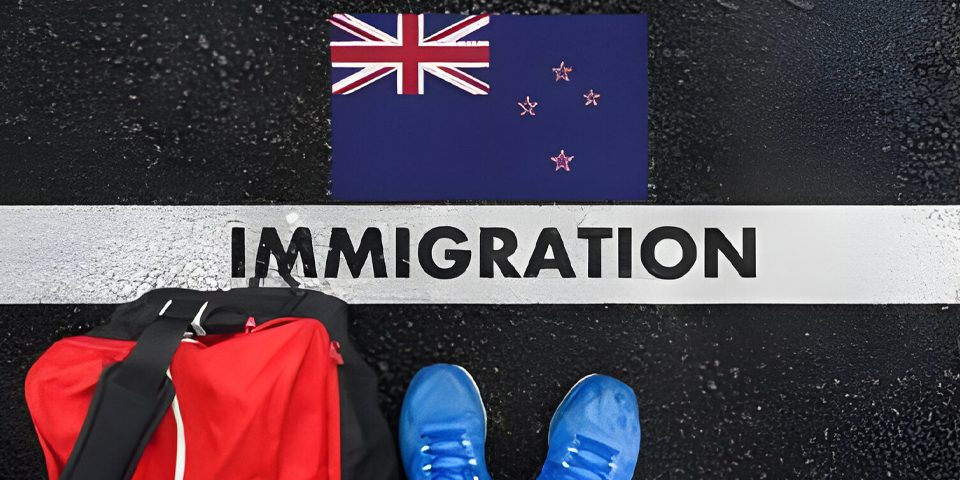EMPOWERING MIGRANT WORKERS: NAVIGATING NEW ZEALAND’S MEPV CHANGES

Why You Shouldn’t Handle Your Accredited Employer Work Visa Process by Yourself
October 21, 2023
ACCREDITED EMPLOYER WORK VISA: AN OVERVIEW FOR APPLICANTS
November 27, 2023New Zealand's commitment to supporting migrant workers has taken a significant leap with recent changes to the Migrant Exploitation Protection Work Visa (MEPV). Announced by the Minister of Immigration, these modifications aim to address the challenges migrants face in finding suitable employment. As of October 24, 2023, holders of an initial MEPV now have the opportunity to apply for a further MEPV under specific conditions, marking a positive step towards fostering a fair and inclusive system.
The Extension Period:
One of the key aspects of the changes is the extension period. Current holders of an initial MEPV can now apply for an extension, granted for the lesser of 12 months from the start of their initial MEPV or until the expiration of their original employer-specific work visa. This ensures that an individual's overall time in New Zealand aligns with the terms of their original work visa, providing a more equitable approach.
Application Process for a Further MEPV:
Excitingly, there is no application fee for those seeking a further MEPV. However, applicants must present evidence of two crucial aspects. Firstly, a genuine effort to secure employment during their initial MEPV period, and secondly, the roles explored during their job search should align with those specified on their original work visa. Additionally, pay rates for these roles must adhere to the Accredited Employer Work Visa (AEWV) requirements ,streamlining the application process for a smoother experience.
Required Evidence for Application:
Compelling evidence is key to a successful application. This evidence may include correspondence with potential employers regarding job applications, screenshots of job searches indicating submitted applications, or job advertisements confirming applications submitted. Providing essential details such as the employer's name, dates of correspondence or job applications, the role offered, and associated pay enhances the strength of the application.
Benefits of the Changes:
The recent changes to the MEPV bring several benefits for migrant workers. By allowing an extension for those struggling to find suitable employment, the modifications acknowledge the challenges faced by migrants and provide a pathway for continued legal stay in New Zealand. This not only supports the well-being of migrant workers but also contributes to a fairer and more just immigration system.
Impact on Overall Time in New Zealand:
The duration of the further MEPV extension is carefully designed to align with the terms of the original work visa. This strategic approach ensures that individuals can remain in New Zealand for a period that is fair and consistent with their initial work visa, alleviating concerns about potential overstay and legal implications. The changes reflect New Zealand's commitment to creating an environment that respects the rights and contributions of migrant workers.
Navigating the Application Process:
Understanding the nuances of the application process is crucial. Applicants are encouraged to compile comprehensive evidence, emphasizing their genuine efforts to secure employment and the alignment of explored roles with the original work visa specifications. This approach not only enhances the chances of a successful application but also contributes to a smoother transition for migrant workers.
In conclusion, the recent changes to the Migrant Exploitation Protection Work Visa showcase New Zealand's dedication to fostering a supportive environment for migrant workers. These amendments not only acknowledge the unique challenges faced by migrants but also provide a valuable opportunity for those struggling to secure suitable employment. By streamlining the application process and requiring evidence of genuine efforts to find employment, the changes strike a balance between protecting migrant workers and meeting the country's labor needs. As New Zealand evolves its immigration policies, these changes mark a positive step toward creating a fair and inclusive system for all migrant workers.




